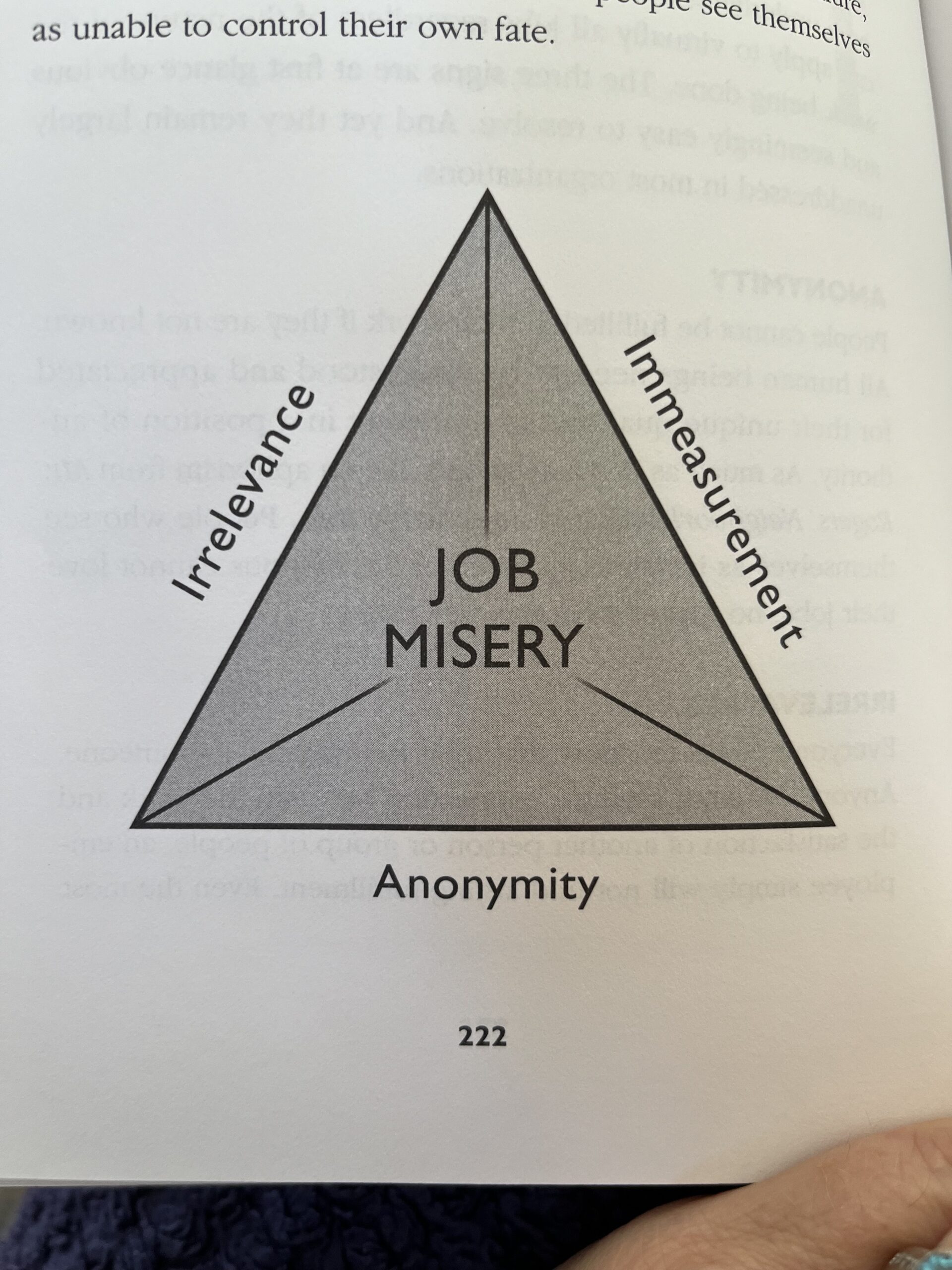Of course I use AI wherever I think it can make me smarter, or give more help to my clients. And like everyone else, I’m alternately amazed and skeptical of its abilities and limitations.
I watched this video with great interest. It’s a product that will interview and rate candidates for software sales roles. The scoring rubric includes evaluations for “likability” and “coachability.” Fascinating.
Is the product good? Hard to say. The demo is frustratingly short. We didn’t get to see the CEO (role-playing a candidate) fully answering the questions posed by the AI, or line up our impressions of him with the scoring rubric produced by the AI.
I thought about bias, of course. Human evaluators rate women differently than men for identical responses; will an AI interviewer? Is it just a coincidence that the AI interviewer who appeared to be female is the one who characterizes herself as “overwhelmed” and the job as “too hard right now”? The AI voice wasn’t bad, but the inflections still came off as robotic and didn’t always match the words, so it seemed a little ironic: an entity whose nonverbal communication was a little off would be assessing a candidate’s skill at non-verbal communication. But that happens in in-person interviews, too. I wonder whether people who aren’t neurotypical might earn higher scores in AI interviews.
My favorite thing about this interview, and the pursuit of the product characterized, is that it reflects intelligent articulation of factors that are usually not made explicit. A sales candidate needs a bundle of skills; different skills to persuade and respond to different people within a company and their distinct needs and concerns. The questions each person will ask, and the things that will matter to them are not the same. They won’t notice the same things about the candidate. Whether well or poorly, the people who made this software had to be crystal clear about that, and make decisions about weights, factors, and characteristics that would matter to “success.” I think the effort to make concepts like “likability,” “coachability,” and “fit” more explicit is admirable — it helps newcomers, from different backgrounds, get access to the same playbook that insiders have.


